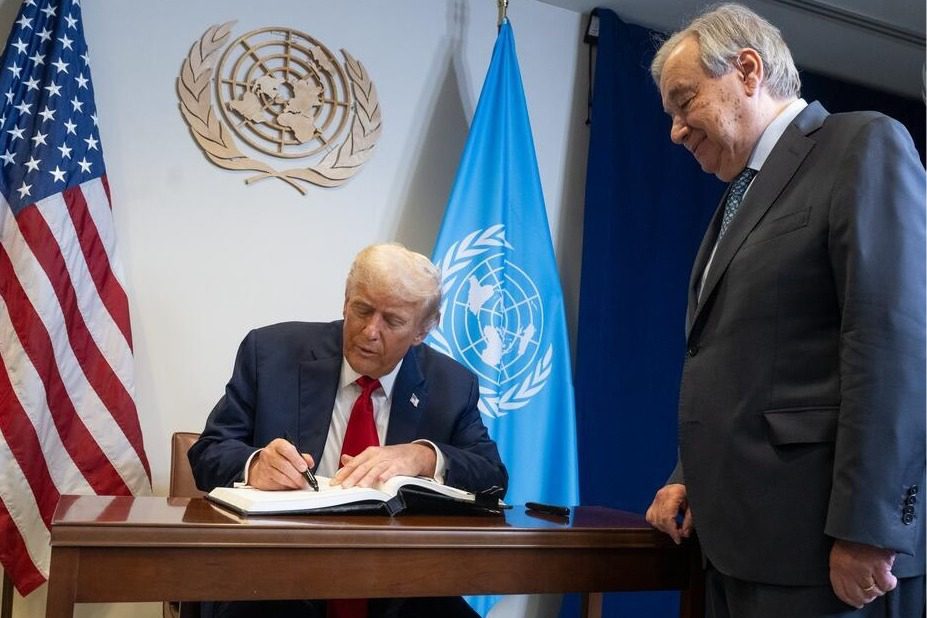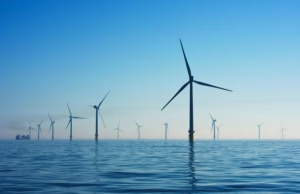Dodging a sniper’s bullet seems to have supercharged Trump’s campaign. Polls show him surging, Democrats are jumping ship, and the Republican convention is speeding ahead like it’s on Red Bull. Add in a new VP pick who loves fossil fuels almost as much as Trump loves tweeting, his second term could dramatically shift global progress on the UN Sustainable Development Goals (SDGs).
Remember Trump’s UN roast? He called it “a club for people to get together, talk, and have a good time.” Now, he’s back and ready to roll back environmental protections faster than you can say “Paris Agreement.” Trump 1.0’s environmental rollbacks and changes, particularly in regulatory frameworks, legal structures, and international commitments, suggest there will be more of the same but with new teeth in the wake of the end of the Chevron doctrine.
Trump is no fan of the UN, or the SDGs. He specifically targeted the UN Human Rights Council, calling it biased and ineffective. In his 2018 speech at the UN General Assembly, Trump stated, “We reject the ideology of globalism, and we embrace the doctrine of patriotism.” He emphasized that nations should prioritize their sovereignty and interests over global governance, arguing that international bodies should not undermine national sovereignty.
Regulatory Rollbacks and Environmental Impact
There is no doubt his administration will immediately focus on reducing the EPA’s power. For instance, Trump has criticized the Inflation Reduction Act, calling it “a disaster for our economy,” and has vowed to repeal key provisions that promote clean energy and carbon reduction. Weakening the EPA’s authority to regulate greenhouse gases and hazardous chemicals undermines efforts to combat climate change, a critical SDG component.
There Will be Legal and Bureaucratic Shifts
The Supreme Court’s conservative supermajority now significantly curbs the government’s regulatory power, making Trump’s deregulation agenda more attainable. The overturning of the Chevron doctrine allows for more aggressive changes without extensive legal battles. Trump’s proposal to reclassify civil servants could streamline the implementation of his policies by removing potential opposition. This shift impacts environmental and social governance, reducing the ability to enforce climate and pollution standards.
Global Implications for Sustainable Development
Trump’s energy policy emphasizes deregulation to boost fossil fuel production. He has stated his intention to withdraw from the Paris Agreement again, claiming it is “unfair to the United States.” This move would set back global climate goals by reducing U.S. commitments to greenhouse gas reductions. Additionally, rolling back initiatives like the Clean Power Plan and emissions standards for vehicles would conflict with SDG targets. Environmentalists argue these policies could hinder global efforts to limit global warming and promote renewable energy. Despite a recent $45 million campaign contribution from Elon Musk, it’s unlikely Trump will support aggressive timetables for EVs.
Green Investors Weigh In
But there is some optimism. Several green investors and industry experts have voiced their opinions on the resilience of the Inflation Reduction Act (IRA) and the broader momentum of green investments, indicating that these advancements are likely too entrenched to be reversed by a Trump administration edict.
In an article for City A.M., Ted Christie-Miller expressed confidence that the wave of green investment unleashed by Biden’s IRA is too significant to be rolled back, even by a Trump administration. He pointed out that the IRA has already created over 170,000 new jobs and that a substantial portion of clean energy projects are located in Republican districts, which economically benefit from these initiatives.
According to the independent organization Climate Power, the IRA has catalyzed substantial job creation and investment in clean energy, suggesting that the economic benefits of these projects will make them difficult to reverse politically.
Other green investors have noted that the infrastructure and investments in renewable energy and other green technologies have gained significant momentum, making them resilient against potential policy reversals. The financial and political capital already invested in these projects acts as a buffer against significant policy changes.
We will see.

 Follow SDG News on LinkedIn
Follow SDG News on LinkedIn











